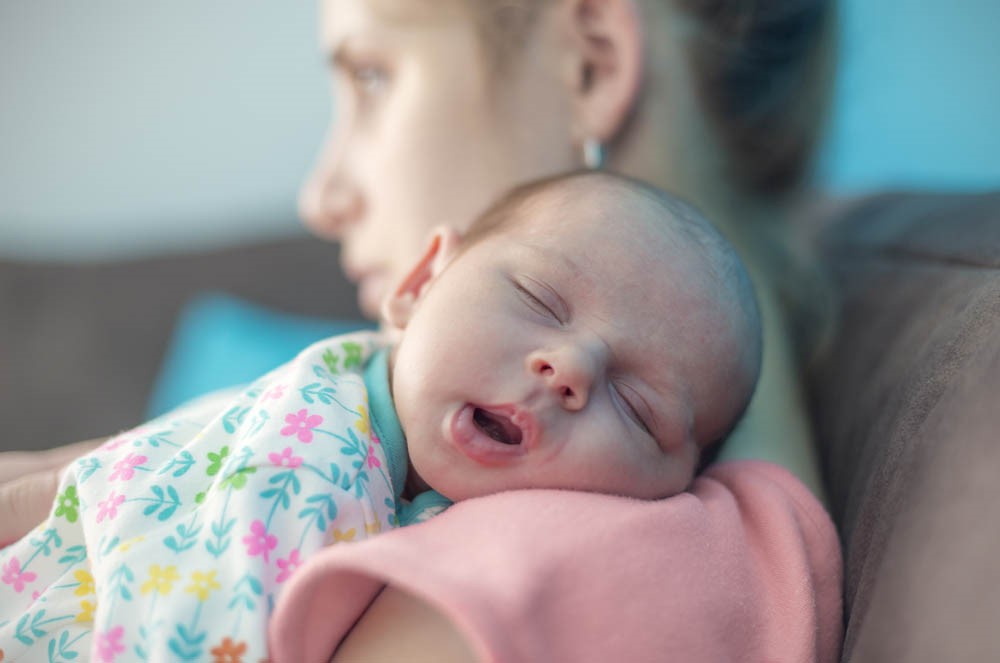AstraZeneca and Sanofi’s Beyfortus (nirsevimab) has been approved in the US for the prevention of respiratory syncytial virus (RSV) lower respiratory tract disease (LRTD) in newborns and infants born during or entering their first RSV season, and for children up to 24 months of age who remain vulnerable to severe RSV disease through their second RSV season. Beyfortus will be available in the US ahead of the upcoming 2023-2024 RSV season.
The approval by the Food and Drug Administration (FDA) follows the unanimous vote by the Antimicrobial Drugs Advisory Committee (AMDAC) on the favourable benefit-risk profile of Beyfortus, and was based on the extensive clinical development programme for Beyfortus spanning three pivotal late-stage clinical trials. Across all clinical endpoints, a single dose of Beyfortus demonstrated consistent efficacy against RSV LRTD extending through five months, the duration of a typical RSV season.
Beyfortus is the first preventive option approved to protect a broad infant population, including those born healthy at term, or preterm, or with specific health conditions that make them vulnerable to severe RSV disease. The single dose can be flexibly administered at the beginning of the RSV season or at birth for those born during the RSV season.
Iskra Reic, Executive Vice President, Vaccines and Immune Therapies, AstraZeneca, said: “Beyfortus represents an opportunity for a paradigm-shift in preventing serious respiratory disease due to RSV across a broad infant population in the US. The science that Beyfortus is built on demonstrates AstraZeneca’s continued leadership in addressing the needs of the most vulnerable populations and reducing the burden on healthcare systems.”
Thomas Triomphe, Executive Vice President, Vaccines, Sanofi, said: “Today’s approval marks an unprecedented moment for protecting infant health in the U.S., following an RSV season that took a record toll on infants, their families, and the U.S. healthcare system. Beyfortus is the only monoclonal antibody approved for passive immunisation to provide safe and effective protection for all infants during their first RSV season. I am proud that, by prioritising this potential game-changer, we are now about to bring Beyfortus to American families.”
RSV is the leading cause of hospitalisation for infants under the age of one in the US, averaging 16 times higher than the annual rate for influenza. Each year, an estimated 590,000 RSV disease cases in infants under one require medical care, including physician office, urgent care, emergency room visits and hospitalisations.
Beyfortus was generally well tolerated with a favourable safety profile that was consistent across all clinical trials. The overall rates of adverse events were comparable between Beyfortus and placebo and the majority of adverse events were mild or moderate in severity. The most common adverse events were rash and injection site reactions.
Beyfortus was approved in the European Union in October 2022 for the prevention of RSV LRTD in newborns and infants during their first RSV season. Regulatory applications are also currently under review in China, Japan and several other countries.


